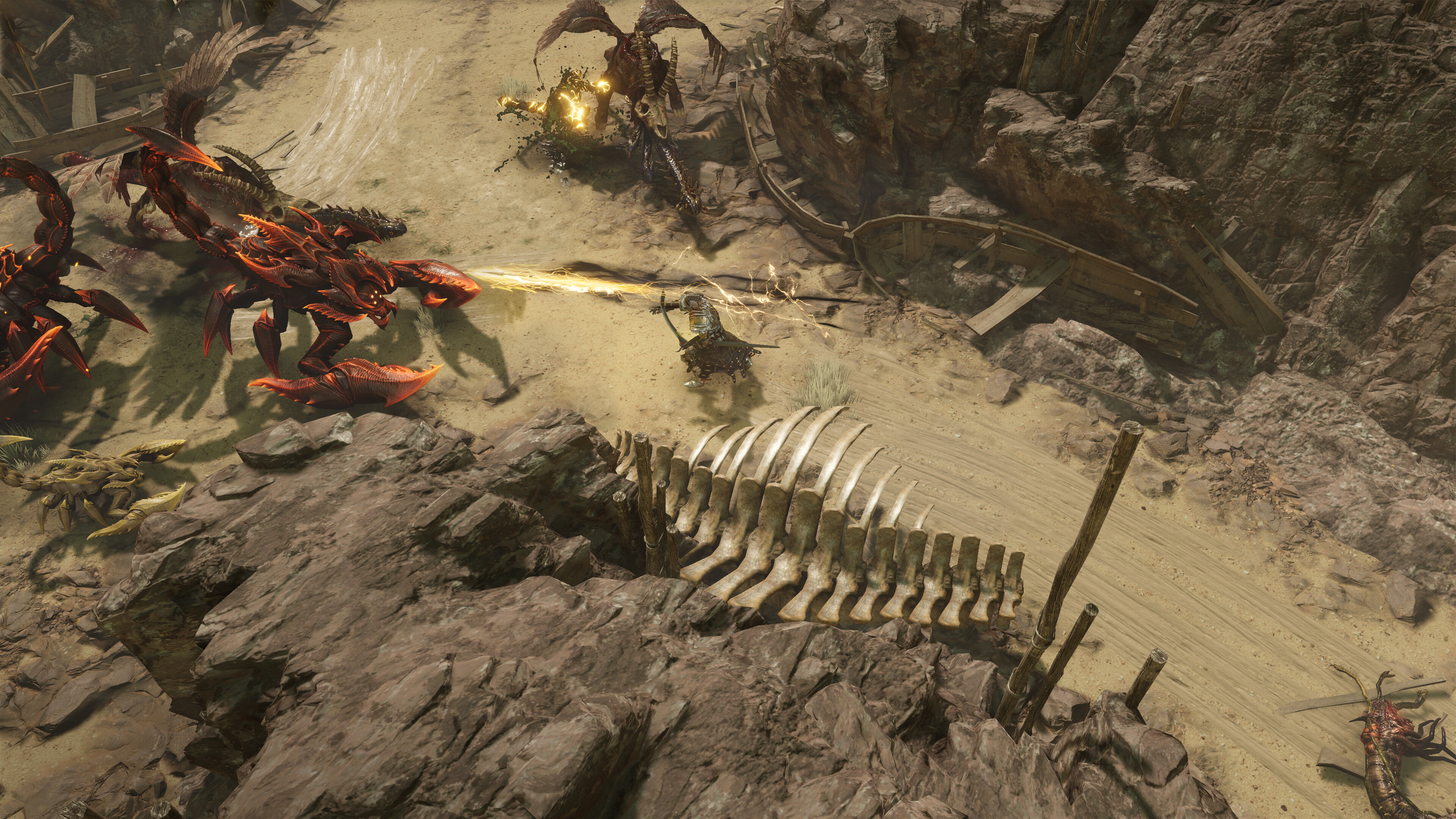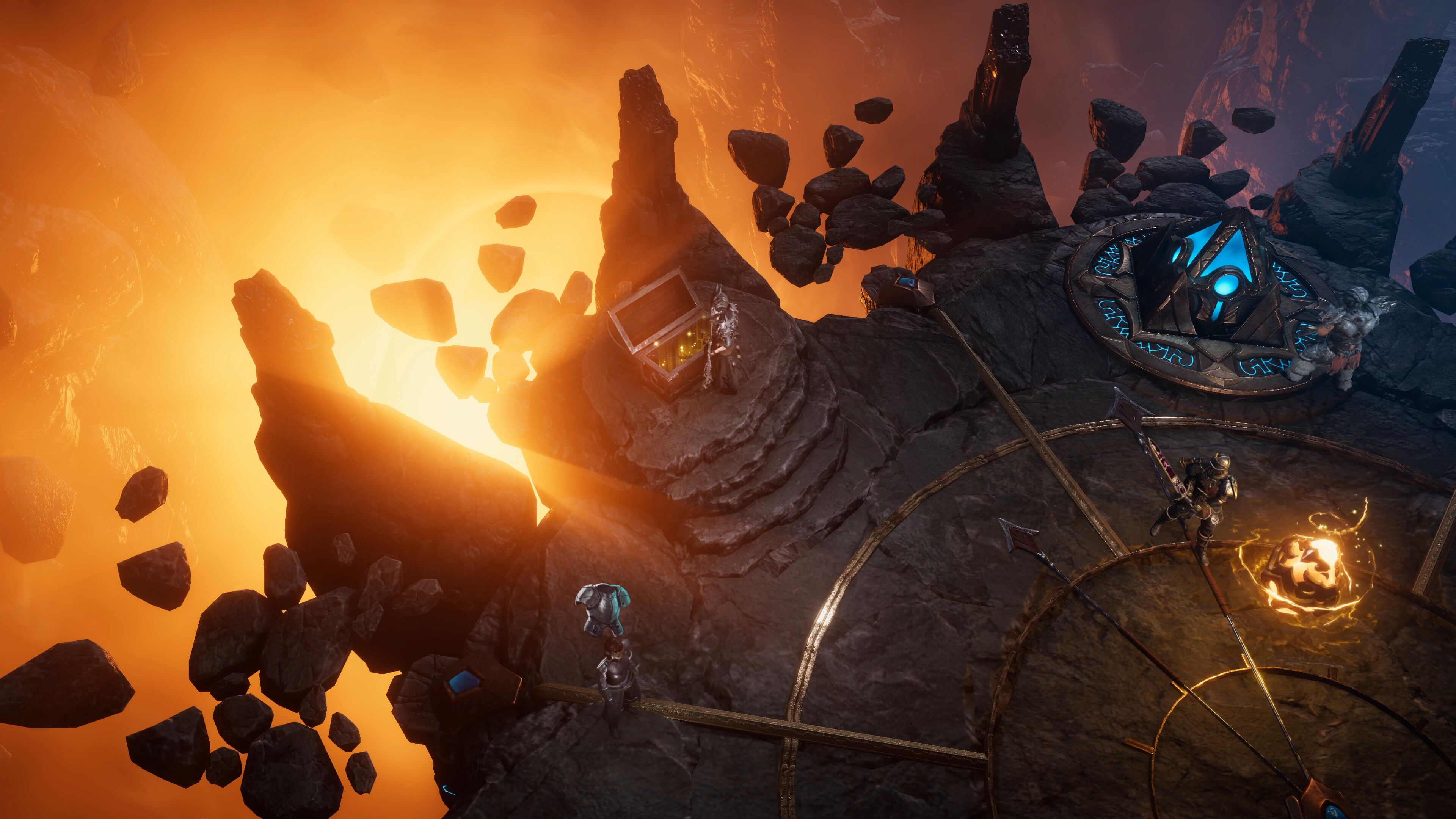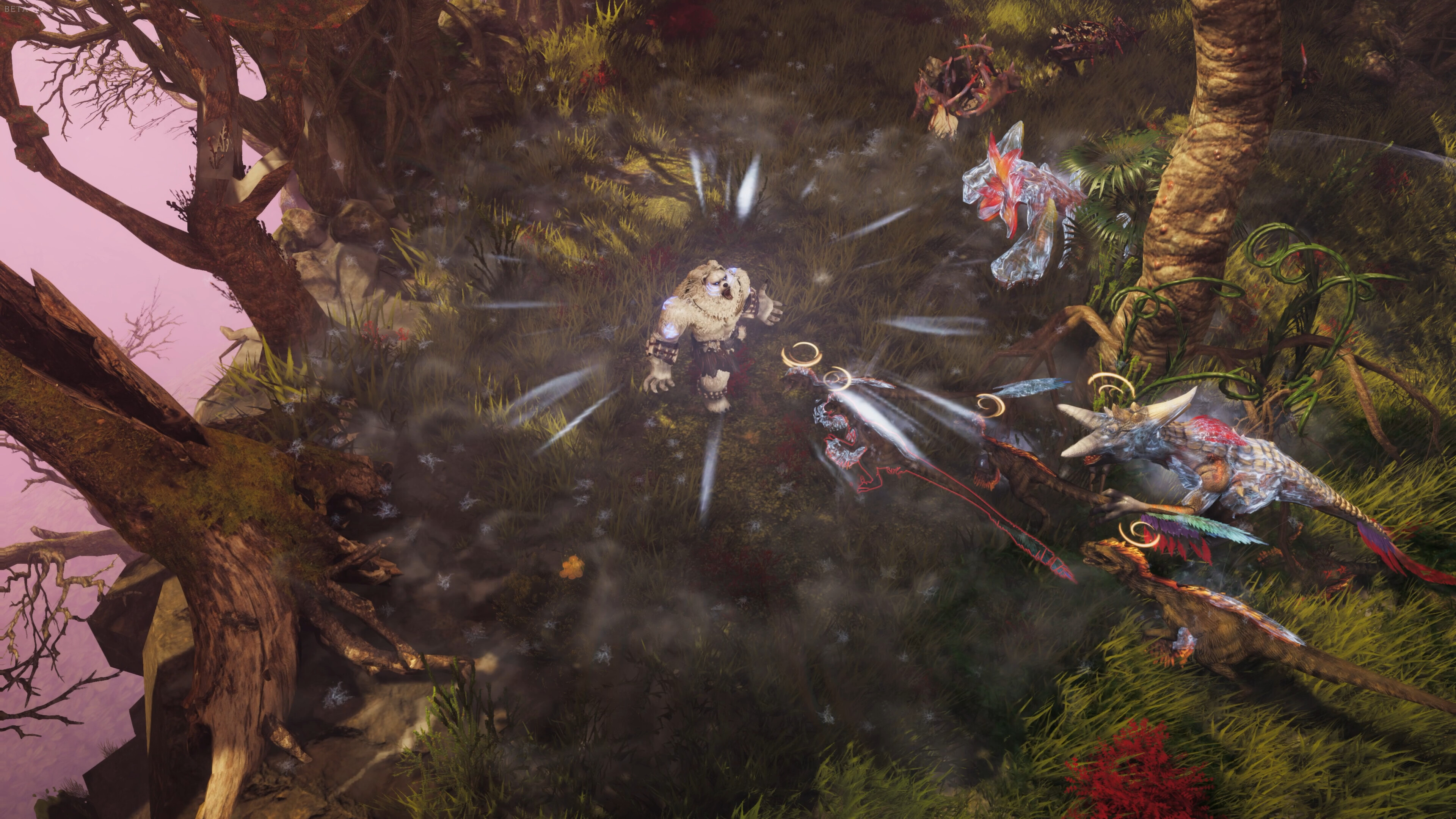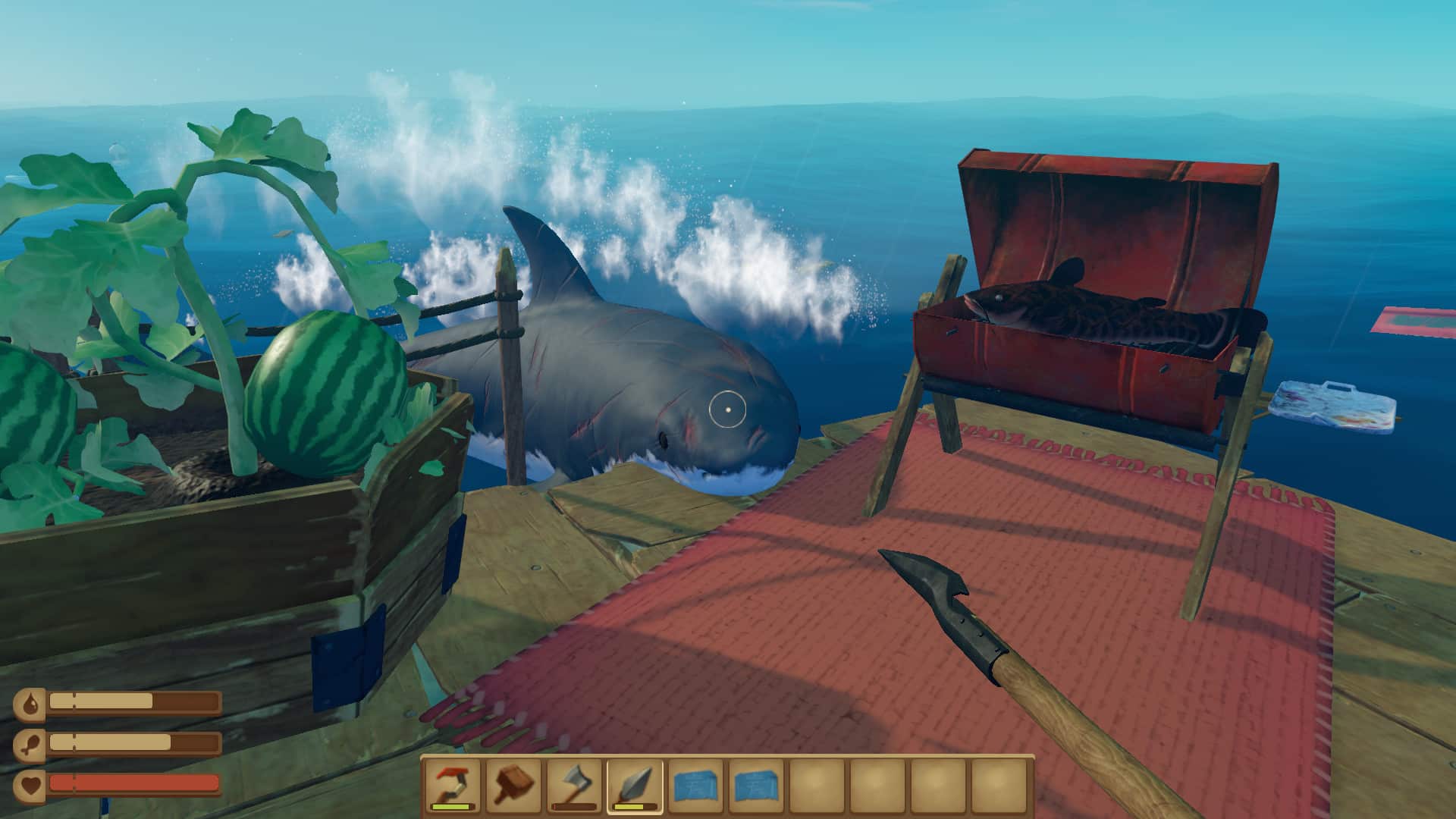Kingdom Come: Deliverance 2 Dev Confirms Big March 1.2 Update, Haircuts and Hardcore Mode
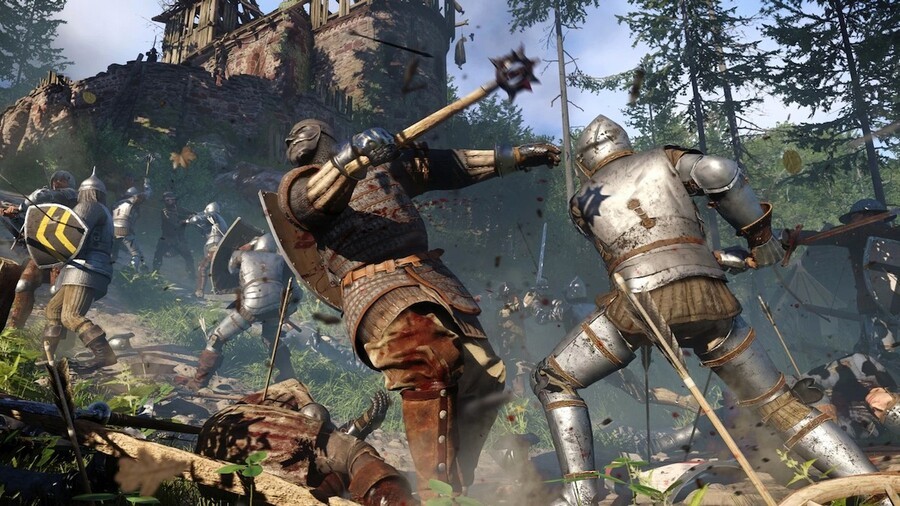
The initial significant content update for the game marks only the beginning of a much broader medieval adventure. If you grabbed KC: DII on its release, it’s quite likely that you haven’t watched the credits yet. The core game itself is vast, and we already know that at least three expansions are scheduled for 2025. We can hardly wait to delve back into another challenging playthrough of the game; however, our loyal canine companion, Mutt, will never look the same to us again (see below).
